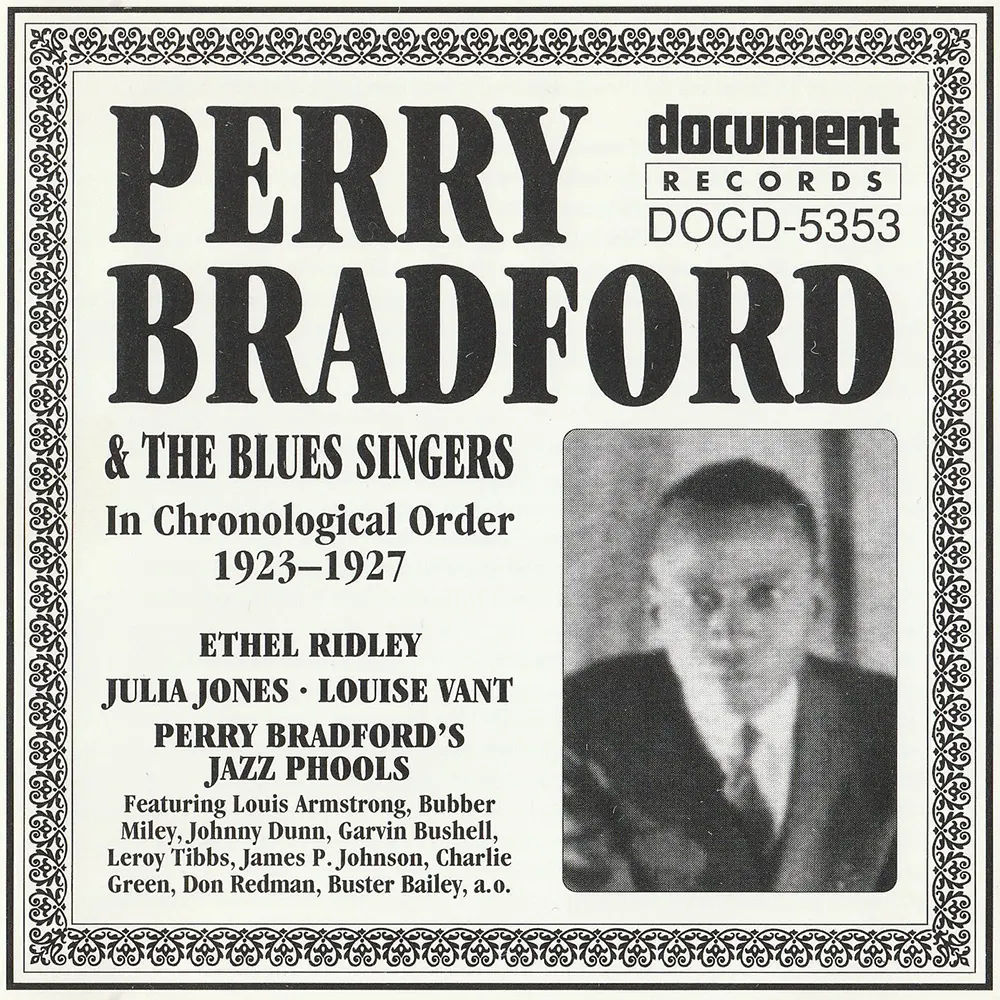Day Break Blues
CD Document Records DOCD-5353

When interviewed late in his life, the fantastic trumpet player Jabbo Smith spoke about his morose background in the Jenkins Orphanage Band. There was another trumpet player about six years Jabbo’s senior, with the name Gus Aikens. It’s a name that shows up here and there, but I had no picture in mind of his style of playing, so I tried to get wise by listening to a few recordings. Aiken is an elusive participant in the history of jazz. He played with bands like Luis Russell’s and Louis Armstrong’s, but in the former he was overshadowed by other trumpet soloists, and in the latter of course by Armstrong himself, that rarely featured another trumpet player, at least on records. There is a 1941 session with Sidney Bechet, who is also dominating, but where we get to hear Aiken’s fine playing in a few solo spots.
Jabbo said that he got some of his style from him and yes, it makes some sense when I listen to very early recordings like this one. Both Aiken and Jabbo escaped frequently from the orphanage and were brought back, but in between they managed to take professional engagements at an early age. It was through Gus Aiken that a young Jabbo Smith got to work with the famous orchestra of Charlie Johnson, and before that there is a recording session where Aiken plays with the band in 1925, but there is no room for trumpet solos on the resulting two tunes.
On the chosen record, Aiken has a good, authoritative style with a triplet feeling in his improvisations. The boys in the orphanage orchestra didn’t have the possibility to listen to records, but they traveled to many places, among them to Chicago, because their leader wanted to hear King Oliver, so they had first-hand impressions of the new jazz music. Gus had a long career and lived until 1973, while his brother Bud Aiken who plays trombone on the session died already in 1927.
Garvin Bushell is the reed player, and the extrovert banjo playing is by Sam Speed. “Perry Bradford’s Jazz Phools” recorded this in 1923.